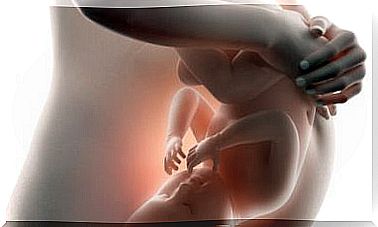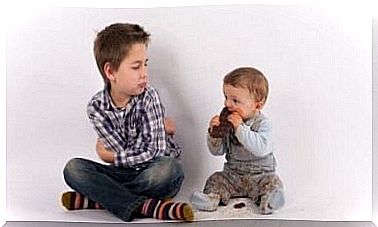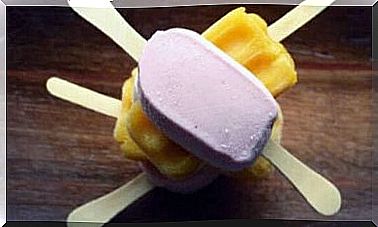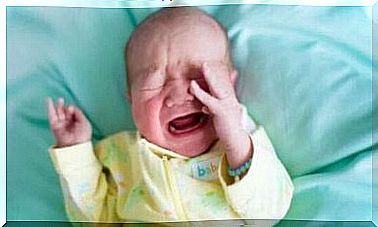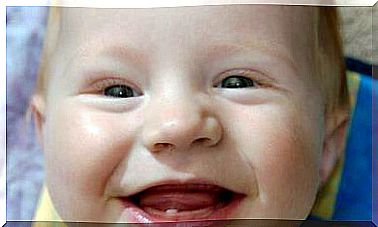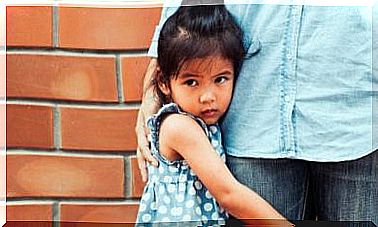Should A Baby Under 6 Months Drink Water?
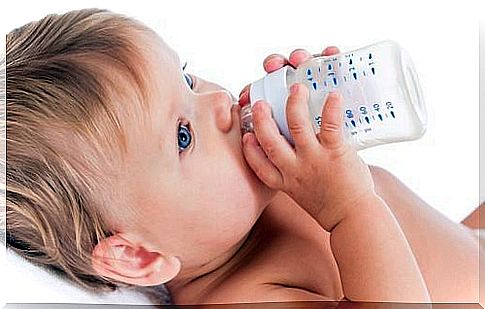
Breast milk becomes a baby’s staple food from the first days and for many months to come. It is believed that all of the nutrition and hydration young children need is covered by breastfeeding. When supplementary nutrition is started, children can also drink water.
Why shouldn’t babies drink water?
The main reason the baby shouldn’t drink water is because he doesn’t need it. We will even notice that it rejects water on its own. They shouldn’t be forced to drink water and there shouldn’t be any cause for concern as this is normal and has no consequence.

Thirst is easy to spot, even for young children. W they enn older are starting to talk, they can tell us that they want to drink water. In fact, it’s one of the first words babies learn. However, they do not begin to feel thirsty until they consume foods other than milk.
According to experts, breastfeeding should be understood as “exclusive” up to the age of six months. Breast milk should be the only thing the baby ingests. Therefore, neither water nor other food should be consumed by infants, as they receive all the nutrients from breast milk during this time.
According to the World Health Organization, there are two basic reasons why babies shouldn’t drink water. The first, as I said, is that they don’t need it. The second is that it can affect the way they eat. For the specialists, all hydration is found in breast milk and when babies drink water it could reduce their milk intake.
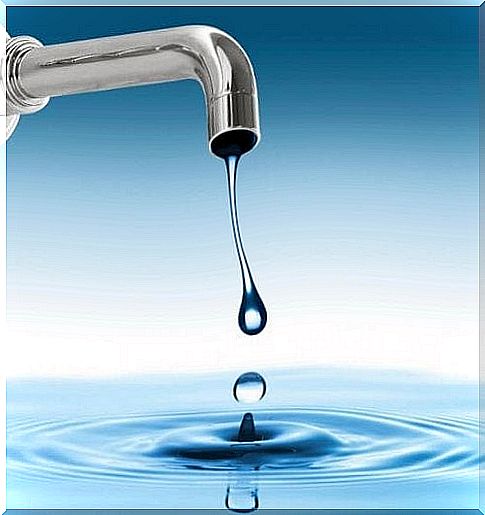
What water should you drink?

There are exceptional cases in which children drink water before six months. For example, out of ignorance of the parents, in the case of babies being fed a milk substitute, in the case of problems with fever or gastroenteritis. If necessary, certain properties that the water should have must then be taken into account. For example:
- It is advisable to use water that is guaranteed to be drinkable, low in fluoride and without contact with lead pipes. Even if it is drinkable, it must be boiled and brought to room temperature before giving it to the baby.
- Bottled water, while preferable, is not always the best option. In order to have optimal quality, the water should contain little fluoride, iodine and nitrates. Usually the label indicates that it is suitable for children and that it has low levels of mineralization. Some mothers also boil water that is bottled.
When the baby starts getting their complementary foods, many of the products will contain water, including water. Soups, porridges, and juices will go a long way towards providing the hydration it needs. Plus, it will still drink its milk. So it is best to give them small sips of water so that they can quench the thirst generated by the food.
How can we be sure that it doesn’t have to drink water?
You may not have known, but breast milk provides enough water for the child to drink even if the child is just thirsty and not hungry. Recall that the child was hydrated in unconventional ways until birth and only identified milk as food after birth.
If we pay attention, we can see that in certain cases the baby drinks his milk in small portions. It is possible that these phases are more related to thirst than hunger. Perhaps that is why most babies refuse water because their thirst has already been quenched. It can be compared to trying to drink water after we’ve had enough.
Unlike the breastfeeding of hunger, it is common during breastfeeding because of thirst, that the baby au ß outside the usual time will be stopped and only a little sucks on each breast. It is believed that it does this out of thirst, because the first milk it gets is a little more watery than the milk that comes out later. That is why it gets exactly what it needs at that moment from every breast.
